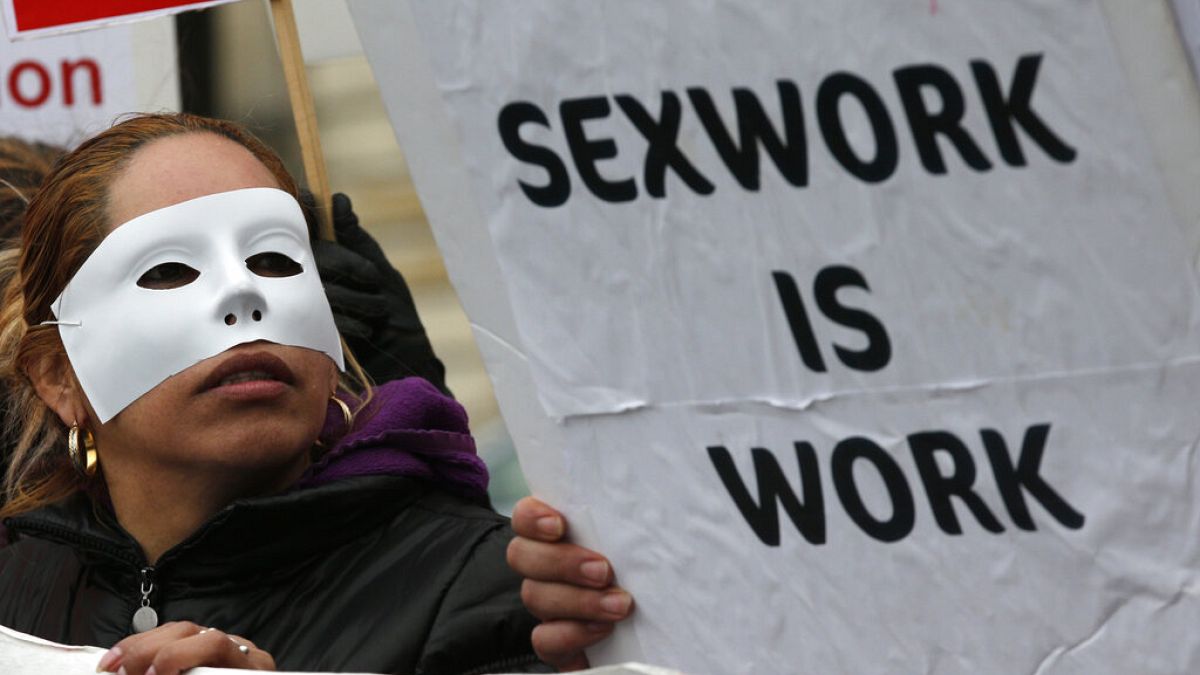The European Court of Human Rights will hear an appeal against laws which criminalise sex workers.
A case filed by sex workers against the French government's criminalisation of their profession has been accepted by the European Court of Human Rights, marking a pivotal moment in sex workers' rights on the continent.
A total of 261 migrant, queer, and women sex workers tabled the case in 2019, which was approved by the court majority.
The move came a day after a motion to criminalise the profession in all EU member states was filed for a vote in the bloc's parliament.
The court ruled that the plaintiffs can be considered the victims of discrimination and violence, incited by a law introduced by the French government in 2016 against the "purchase of sex."
Clients can be fined up to €1,500 if caught and are required to attend classes on the harms of prostitution.
Rejecting the French government's objection to admissibility, the court cited Article 34 of the European Convention on Human Rights to file the case.
Article 34 of the ECHR facilitates "applications from any person, nongovernmental organisation or group of individuals" who claim victims of a violation by one of the "High Contracting Parties of the rights."
Sex workers said they were forced to work in secluded, dangerous locations after the law criminalised their clients, according to the humanitarian aid organisation Médecins du Monde.
More than ten sex workers were reportedly murdered within a six-month period in France in 2019 following the crackdown, with several instances of police brutality allegedly targeted at them.
"Credible research consistently shows that criminalisation increases physical attacks, sexual violence, and police abuse of people who sell sex," said Erin Kilbride, women’s rights and LGBT rights researcher at Human Rights Watch.
Despite UN agencies and several NGOs' calls for decriminalisation and sex workers' constant struggles ever since the law was instated, the French government has continuously maintained its stance, saying the law is aimed at protecting exploited women.
